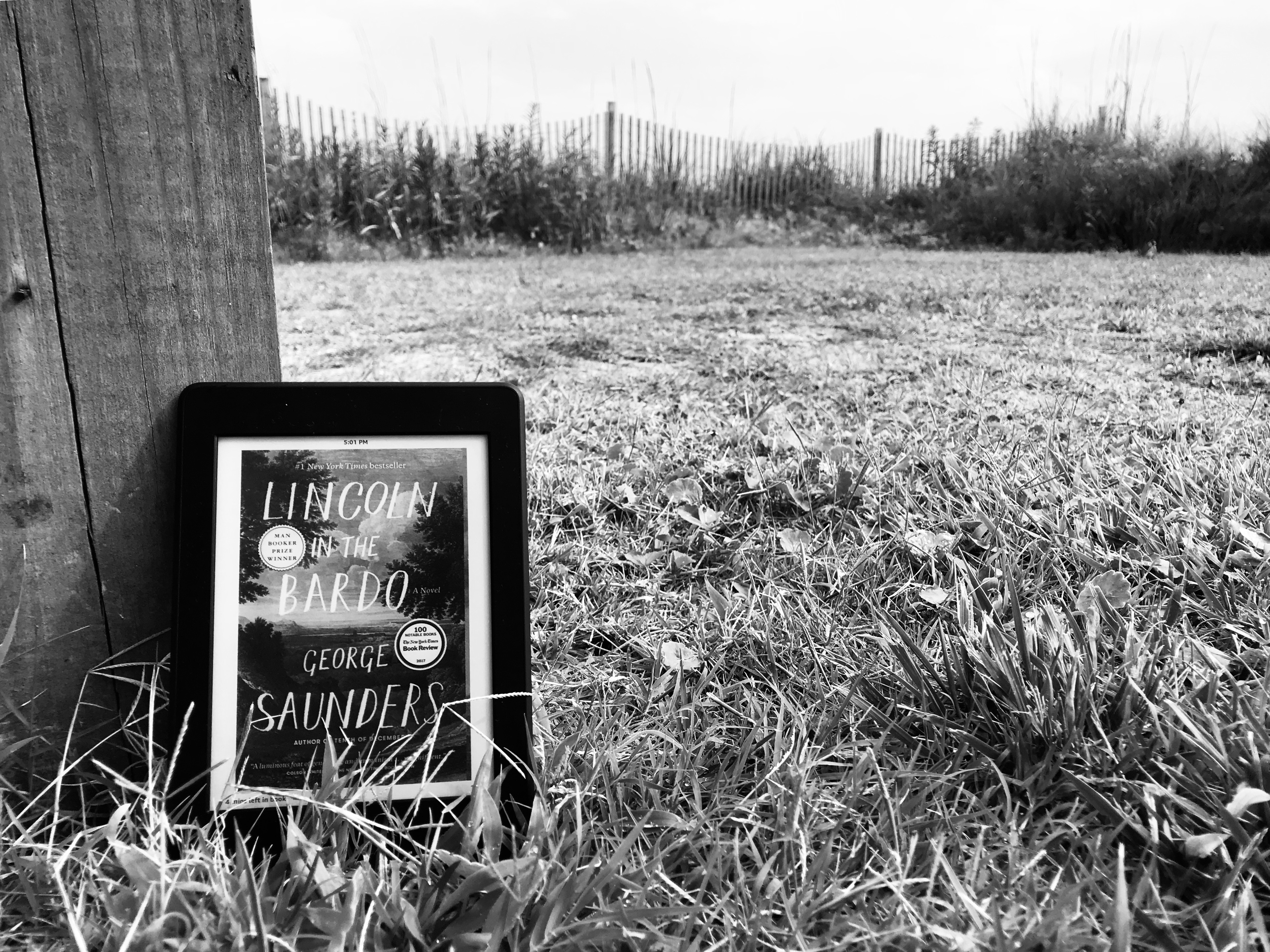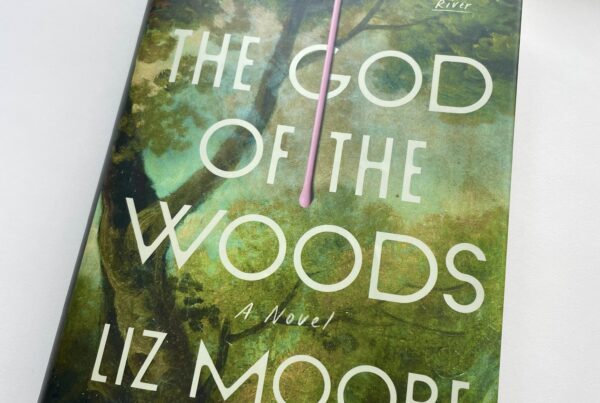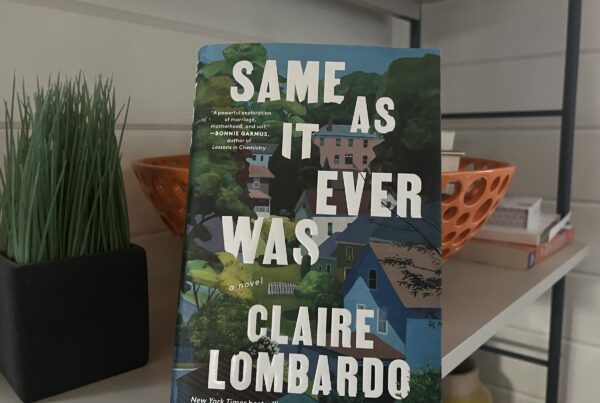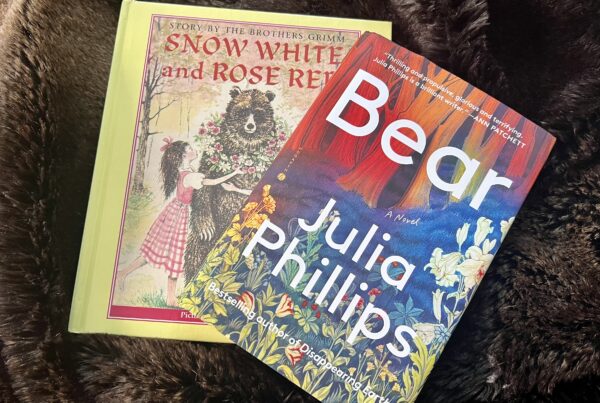a bookclique pick by Mela Frye
On a cool December morning in 1958, Flannery O’Connor gave birth to a secret lovechild. The father was Kurt Vonnegut, who earlier that year while traveling through Georgia had taken a brief (yet passionate) sojourn in Milledgeville, where O’Connor lived.
This is how I like to imagine the genetic provenance of George Saunders. If you are new to Saunders, he is a delightful amalgam of gravitas and whimsy, of agape and the profane. He writes grief, slapstick, and the mundanities of adult life as well as any living writer – and most dead ones. I expect O’Connor would applaud Saunders’ freaks, who yearn for intimacy and meaning, and Vonnegut would approve Saunders’ wounded heroes with their weird daydreams.
Lincoln in the Bardo is not for the faint of heart. It pivots on a single rumor: that on more than one occasion Abraham Lincoln visited the tomb of his recently deceased 11-year old son, Willie, and held his body. While such an act of grief is not foreign to our imagination, Saunders intensifies the pathos of this pietá with chapters devoted to historical (as well as fictionalized) excerpts from the lives of the Lincolns. Images of the grief-stricken president – mere weeks from Shiloh, the Emancipation Proclamation still a year away – are devastating. In true Saundersian fashion, though, he alleviates the heaviness by building an energetic, ghostly community around newcomer, Willie. These personalities are bodacious, irreverent, absurd, and – most of all – unaware of their current state. This is the world of the “bardo,” a Tibetan term for an intermediate state between death and reincarnation.
While genuinely fresh and original, the novel is slim on plot and demands some perseverance at times. If you aren’t sold on it immediately, you aren’t alone. It took every reader I know at least 50 pages to find both their bearings and interest. To fully appreciate Saunders’ experiment, however, readers must detach somewhat from conventional expectations of what a novel should do. Instead, I encourage them to give themselves over to Saunders as their Virgil as he guides them through a chorus of memorable voices and past a masterful tableau of parental grief.
The final effect is a haunting affirmation of the transformative power of love – certainly in our world, and even, it would seem, the next.




